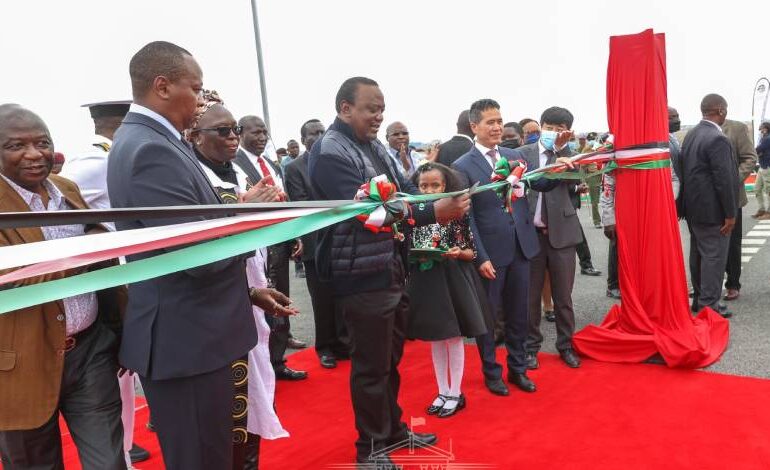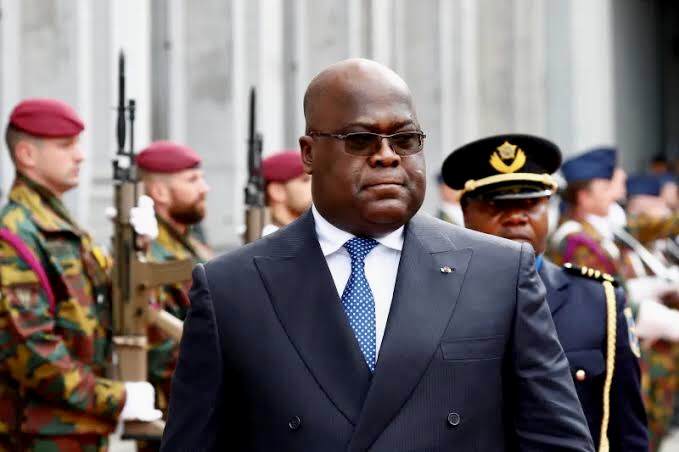
Faith Nyasuguta
Last Thursday, the licensing rights for 30 oil and gas blocks in the Democratic Republic of Congo(DRC) went up for auction.
The move opened parts of earth’s second-largest rainforest to drilling, something that could release huge amounts of carbon into the atmosphere, shortchanging climate goals to tame global warming.
DRC President Felix Tshisekedi presided over the launch of bidding at a ceremony in the capital Kinshasa.
Attendees included representatives from France’s TotalEnergies (TTEF.PA) and several domestic companies, although a TotalEnergies spokeswoman said the company would not participate in bidding.
“The launch of the tendering process… speaks to our desire to put our resource potential at the service of our country,” Tshisekedi said, stating that fossil fuel production would boost development in the East African nation.
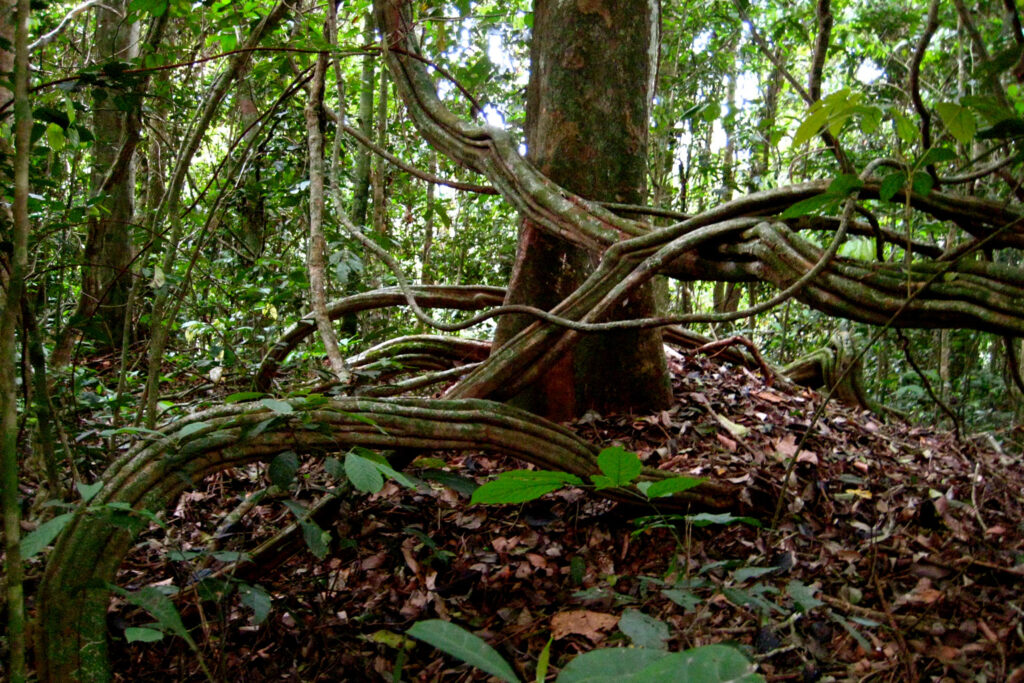
“This is in a context where fossil fuels, including crude oil and gas are at the centre of global issues of peace and stability because of the Russian-Ukrainian conflict,” he added.
According to the head of state, modern drilling methods and tight regulation would shrink the ecological impact and denied that Congo was going back on promises to protect its forests.
However, environmental activists and scientists have strongly come out to say drilling in the designated areas would inevitably have steep consequences. A number of the proposed oil blocks overlap with peatlands, swampy areas that hold billions of tonnes of carbon.
One of the leading researchers on Congo’s peatlands, Simon Lewis, estimated in July that drilling in the blocks proposed by the state could release up to 5.8 billion tonnes of carbon, over 14% of the world’s total greenhouse gas emissions in 2021.
“In a zone where there are peatlands, any industrial exploitation means the explosion of a carbon bomb,” says Irène Wabiwa Betoko, the Greenpeace’s Congo Basin project lead.
Another two of the other oil blocks overlap with Virunga National Park, a sanctuary for endangered mountain gorillas on the borders with Rwanda and Uganda.
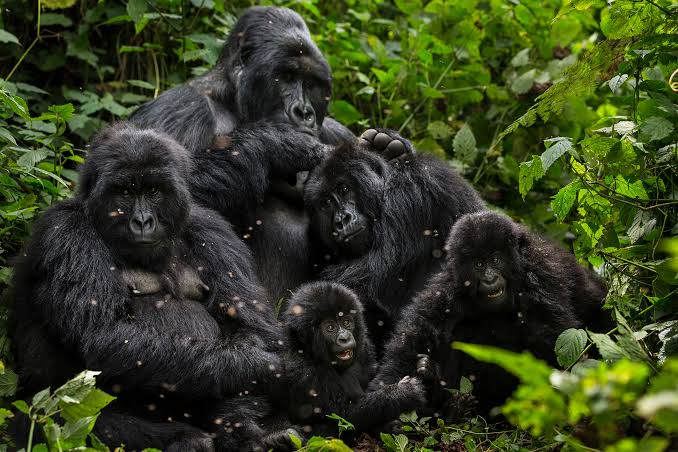
RISKS INTENSIFY
Hydrocarbons Minister Didier Budimbu said bids to participate in production-sharing contracts with the state would be accepted over a period of six months for oil blocks and just three months for gas blocks.
When questioned on whether DRC could forgo drilling in exchange for compensation from richer nations , presidential adviser Tosi Mpanu-Mpanu was sceptical.
He pointed out the example of Ecuador, which requested $3.6 billion in 2007 to offset revenue lost by not drilling in its Yasuni National Park. The initiative was abandoned in 2013 after it brought in less than 4% of the requested amount. Drilling commenced three years later.
The rights to extract methane gas from three blocks in Lake Kivu are up for auction in addition to the already mentioned 27 oil blocks.
Africa’s director at Control Risks, a London-based consultancy Vincent Rouget, said Congo’s government was hoping to take advantage of high oil prices and fresh Western interest in alternatives to Russian fuel.
“But the combination of environmental risks, regulatory uncertainty in the sector, the huge logistical challenges of highly remote exploration, and on top of it all Congo’s higher political risk premium, will likely make many majors unwilling to commit,” Rouget said.
Efforts by Congolese governments to boost output beyond the roughly 25,000 barrels per day it has long produced along its Atlantic coast have previously run into these same challenges.
According to Tshisekedi’s government, DRC has 22 billion barrels of crude reserves and it is targeting production of 200,000 barrels per day.
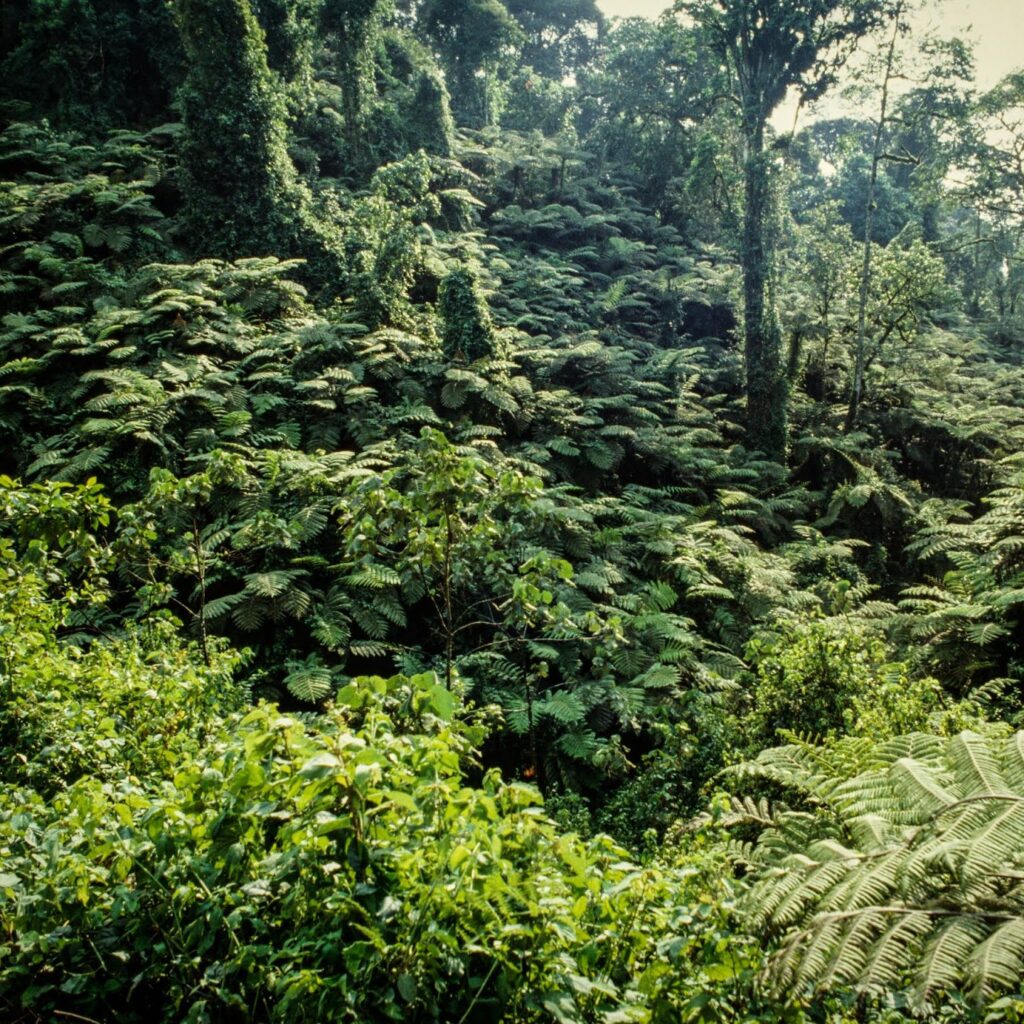
Critics indicate that even if investment pours in, there is no guarantee it will benefit the Congolese people.
Congo is already a mining powerhouse, producing huge amounts of copper, cobalt, gold, and diamonds, yet it remains deeply impoverished, largely due to corruption and misgovernance.
In February this year, Israeli investor Dan Gertler gave up control of two of the blocks on auction near Lake Albert in the east as part of a deal with the government, which had the previous year announced it was ending production-sharing agreements.
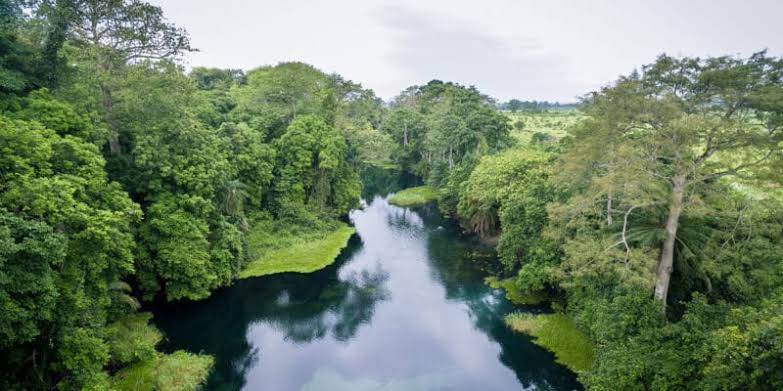
The terms of the deal are yet to be publicised. Gertler is under U.S. sanctions for alleged corruption in Congo’s mining sector. He denies any wrongdoing.


